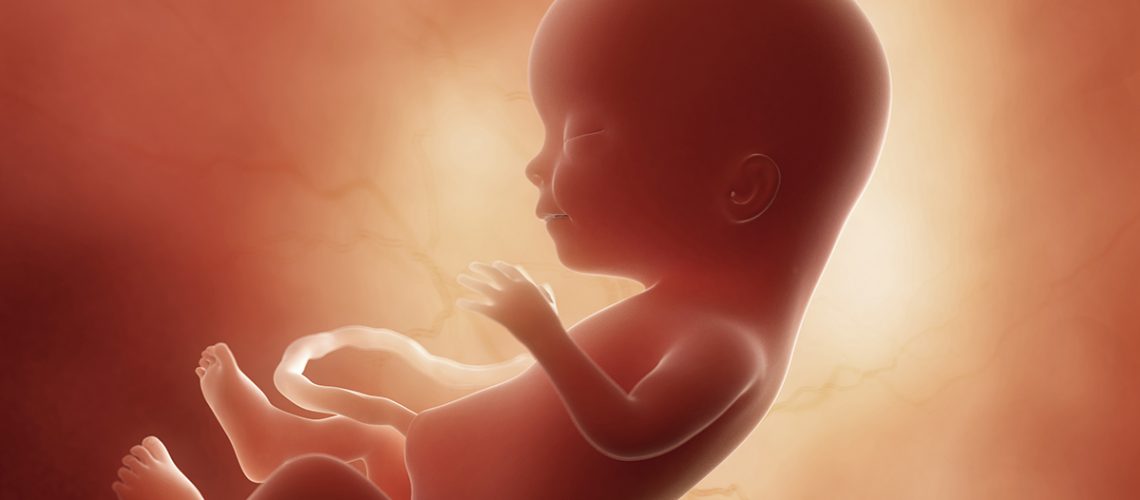The Supreme Court has before it presently a request to look at a court of appeals opinion that struck down, under Casey, an Indiana law that prohibits abortions motivated by the race of the child. It is unclear whether they will take the case. But what is clear is that, when a statute prohibiting racial discrimination is struck down under the Fourteenth Amendment, the primary purpose of which was to prohibit racial discrimination, something is out of whack with the Court’s jurisprudence.
Many have analyzed and exposed the historical inaccuracies, the logical inconsistencies, and the judicial overreaches of Roe and Casey and their progeny. But what lies at the heart of the perceived woman’s right to abort? I think the core belief is largely unarticulated in the Court’s abortion decisions, although perhaps Justice Ginsburg’s dissent in Gonzales v. Carhart (2007) comes closest. There, in a strongly worded dissent to the 5-4 majority’s upholding of a prohibition of the “partial birth abortion” technique in the late stages of pregnancy, she stated that the ”legal challenges to undue restrictions on abortion procedures do not seek to vindicate some generalized notion of privacy; rather, they center on a woman’s autonomy to determine her life’s course, and thus to enjoy equal citizenship stature.” Teased out more fully, Justice Ginsburg is positing this syllogism:
A. Women have equal status with men.
B. Men do not have to carry children or have their lives affected by pregnancy, i.e., they have this “autonomy.”
C. Thus, women have a right not to carry children or have their lives affected by pregnancy, either.
For Justice Ginsberg, this right to the “equal autonomy” of women who are already walking and talking on their own overrides any protection for the taking of the lives of those we have not yet met outside the womb.
The syllogism doesn’t work, for the simple reasons that, when it comes to carrying children, males and females are not equally situated. Moreover, in all but rare cases, women have engaged in sexual intercourse voluntarily and with full understanding that the result may be pregnancy, even if conception precautions have been used. But the argument is understandable, and entirely too human.
At the outset, it should be noted that males are significantly to blame for this reaction by women. Too often, men have sought sexual intimacy with no corresponding commitment to assisting women if that intimacy should produce children. Too often, men have refused to share responsibility for proper child-rearing. Too often, men have placed their careers ahead of the needs of their families.
The all-too-human reaction to this type of neglect of the other and failure to honor express and implied commitments is to mirror the problem behavior. If someone hits you, you have a right to hit him. If someone can ignore his commitments, then I can, too. If you abused me and my “tribe” when you were in charge and only enriched yourselves, when I get to the top of the heap, I’m going to abuse you and your “tribe” and enrich myself. Or, to use, Justice Ginsburg’s terminology, if men are autonomous with regards to carrying children, then women are autonomous, too.
This type of reaction only makes things worse, not better. It’s understandable, but it’s not the answer. If anything, the abortion “right” for women has given men all the more incentive to act promiscuously and to spurn caring for children they do spawn—“You can abort if you get pregnant, so let’s have sex,” and “If you don’t abort our child, that’s your decision alone, so don’t ask me for any support later.” It’s understandable, but it doesn’t alter the different anatomy of men and women. It’s understandable, but it’s complicated by the involvement of other, innocent lives. It’s understandable, but it certainly does not justify engrafting onto the Constitution “rights” that are nowhere found in the text and that sanction the killing of unborn children. A start back toward a proper path, at least constitutionally speaking, would be for the Court to uphold the right of Indiana and other states to prohibit abortion motivated by racial discrimination.

